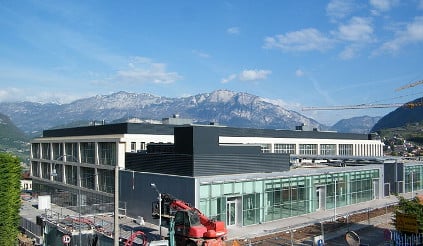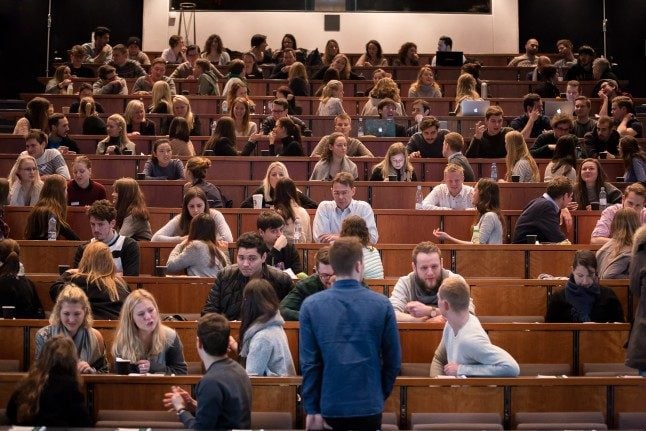The 2013-14 World University Rankings, published by the Times Higher Education Magazine, suggests Italian universities are lagging behind international competition, particularly from the Far East.
Still, their counterparts in Europe are also struggling, with universities in Germany, France, Switzerland, the Netherlands, Russia, Belgium, the Republic of Ireland and Austria falling in this year’s league.
Italy can take some pride in the fact that 15 of its universities made it into the top 400, with the University of Trento being the highest ranked, followed by the University of Milan – Bicocca, the University of Trieste, the University of Turin and the University of Pavia.
The California Institute of Technology retained the top spot ahead of Harvard University and the UK’s University of Oxford.
“Europe has generally fared badly this year,” according to a statement published alongside the report.
While the UK’s number one, Oxford, holds on to second place in the table, almost across the board the continent’s top institutions have lost ground: ETH Zürich - Swiss Federal Institute of Technology Zürich, the world number one outside the US and the UK, slipped two places to 14th; Germany’s University of Munich fell out of the top 50.
The UK remains Europe’s strongest representative, with 31 universities in the top 200. The Netherlands has 12 players, followed by Germany with 10 (down from 11 last year), France with eight, Switzerland with seven and Belgium with five (one more than last year).
“The power shift from West to East is not as dramatic this year as the US and the UK have both managed to arrest alarming falls at the national level,” said Phil Baty, the editor of Times Higher Education Rankings.
“But the trend is continuing: the vast majority of continental Europe’s leading institutions have slipped, while those leading the East Asian nations have for the most part risen yet again. More Asian institutions are nipping at the heels of the best in the West, increasingly occupying world top 50 places and showing no signs of letting up.”



 Please whitelist us to continue reading.
Please whitelist us to continue reading.
Member comments